Deciding what to wear before a night out at the club can be a complex exercise. You want to look good, you want to feel good, but you also want to be able to move. Somewhere in your subconscious you want to signal your interests and alliances without looking like you’re trying too hard, and you want all of this to fill you with the confidence to go out there and just cut loose with your friends. And maybe all of that is further complicated by the hope that a specific someone, or any someone, will notice how you wear your outfit just so, and realise you are the woman / man / vision their lonely hearty has been missing. Everything you feel you feel more deeply on the dancefloor.
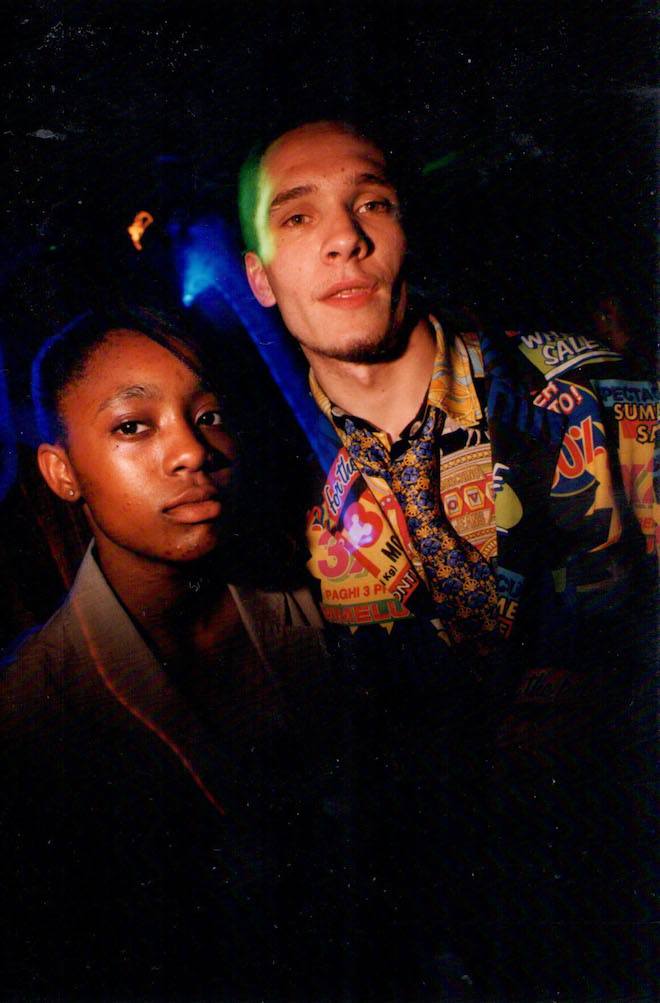
Little wonder then that music associated with a certain scene or a certain time always seems to come with its own unofficial uniform. From iconic subcultures like Punk and the New Romantics through to modern iterations like Riot Grrl and Emo, the birth of a visual aesthetic alongside a new sound seems a natural development. The problem is that when copying the look of a genre becomes easier than immersing yourself in it, it marks that genre out for ridicule. With the proliferation of affordable fast fashion pretty much anyone can get their hands on an approximation of any look they want. It’s no coincidence that the birth of the internet overlapped with the peak use of the word ‘poser’ as an insult. Everyone finds the ‘starter pack’ meme hilarious because it shows us how absurd so many modern tribes are; the outer trappings of a lifestyle don’t mean you actually live it.
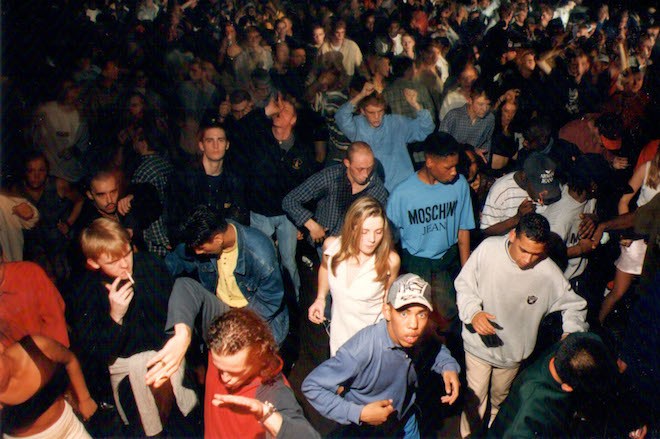
Thankfully as with any arena where style and culture meet, there are scenes where all of this interplay between sound and style is more nuanced, and where the trends are part of the self-expression and sense of community that the best genres and club nights engender. Style on the dancefloor can richly reflect the style of the music, its inspirations and its roots. A new exhibit at Fashion Space Gallery, opening in February, will focus on the kind of stylistic dialogue that the very best scenes give rise to. The upcoming Super Sharp is an archival exploration of the style associated with the underground Jungle and UK Garage scenes in the 90’s. If you thought that the first paragraph of this piece was only relevant to women, then this exhibit is one way to cure yourself of that delusion. Curated by Tory Turk and drawing heavily on the private Moschino collection of Saul Milton, who jointly conceived the exhibition, Super Sharp features archive editorials from The Face, i-D, Dazed and underground rave ‘zine Eternity, as well as first hand accounts from the likes of PJ & Smiley (Shut up & Dance), Navigator, Jumpin’ Jack Frost, Goldie and Chase & Status. Photographs and original garments from personal collections combine with these accounts and archives to sketch a collective memory of a particular moment in UK club culture. Crucially Super Sharp will focus on the differences between the Jungle and UK Garage scenes, something that can be lost in the wave of nostalgia that a generation who never lived it have been swept up in
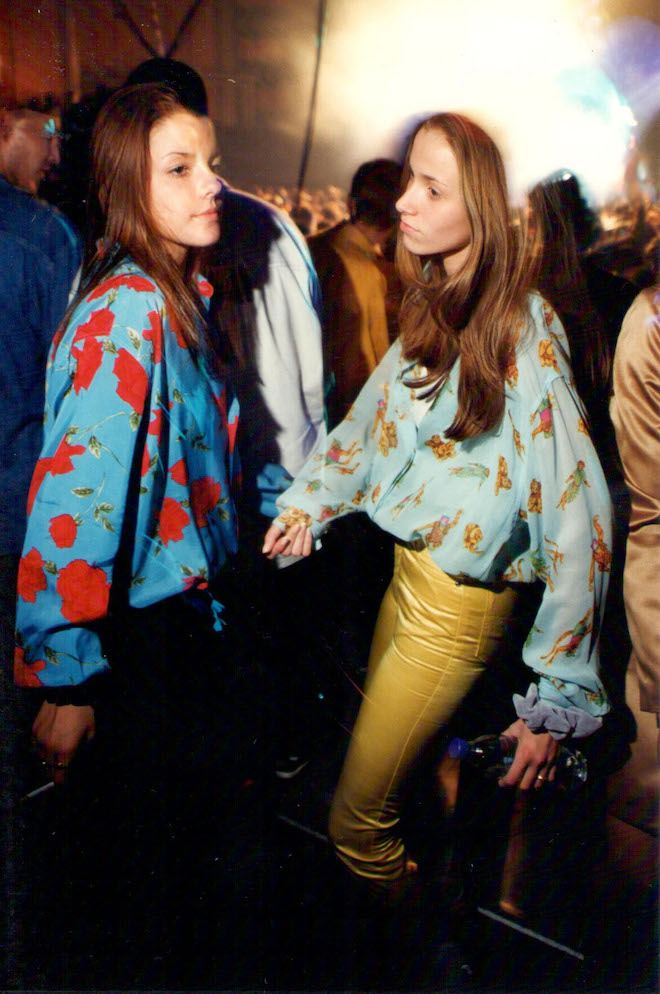
The style of nights like ‘Heat’, ‘Thunder & Joy’ and ‘Innovation’, giving a home to two-steppers from Hastings to Camden, was defined by its appropriation of Italian luxury brands like Moschino, Versace and D&G. Looking sharp was such an important aspect of the scene that iconic clubs like Twice as Nice enforced strict dress codes; if you wanted to get down to Artful Dodger or Wookie you needed to be looking on point. Jungle was given rise to by the UK pirate radio scene in the 90s, and Garage emerged from the 80s New York club scene which was at the time combining R&B vocal stylings with syncopated percussion and heavy basslines. Ultimately both scenes, their style and their sound, were given rise to by pre-existing black subcultures in the UK and USA – a debt the team behind Super Sharp are quick to acknowledge. The rave scene of Jungle which encouraged vibrant dressing met with the flashiness of an aspirational generation of clubbers, distilling their style as they moved through the UK Garage scene to one which signalled affluence via the right kind of Italian name and explicitly loud pattern. It would be a mistake to think all this finery was simply about peacocking though; this style of dressing was about respect and dignity, broadcasting the care and expense put in to dressing a seriously as you wanted to be taken. With the influx of women in to these male-heavy spaces came a new take on sexiness too – demanding and commanding respect and attention on the dancefloor.
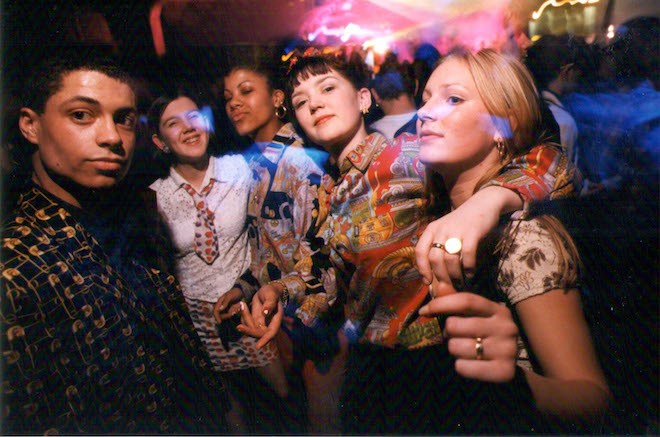
As UK Garage in particular moved in to the mainstream with acts like Craig David breaking through to the top of the charts, this specificity and originality of the club culture started to be washed out. Thankfully for us, the pictures, clothes and documents included in Super Sharp show the scene’s best-dressed and pressed in their element. Girls complement their matching tops with precise lip-liner, men sweat on the floor in crisp shirts, top buttons securely fastened, and everyone is wearing sunglasses inside and someow making it look cool. Bubbles are the drink of choice and no one looks like they aren’t taking things very seriously (including, most importantly, having a good time). Dance music of any kind is always made to be danced to, and the opportunity to do that in a space where everyone is on the same level is where subcultures and styles are born. In an era where so many of the UK’s oldest and most iconic venues are being forced to close, and London’s club scene seems to be balancing on a permanent knife edge, a celebration of the pure magic this exhibit elicits feels more timely than ever. A moment pre-internet where people care more about being there than broadcasting that fact, it seems hard to imagine something so pure thriving for so long in the present climate.
Super Sharp is the first instalment of RETURN II JUNGLE: ‘a series of exhibitions and events documenting the styles and sounds of British rave culture in the nineties’ is at Fashion Space Gallery, Thursday 1st February – Saturday 21 April, 2018.


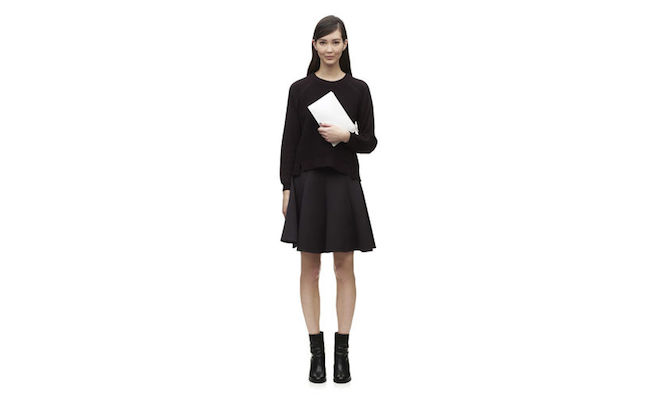
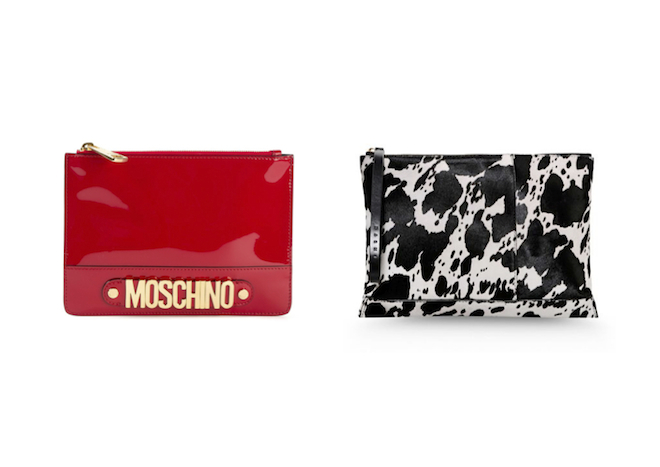
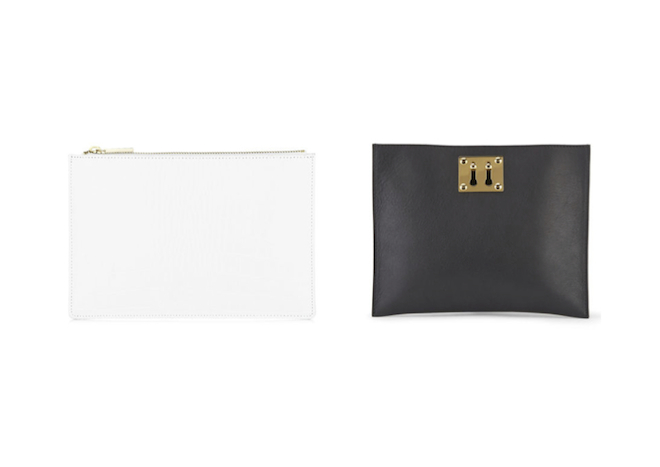
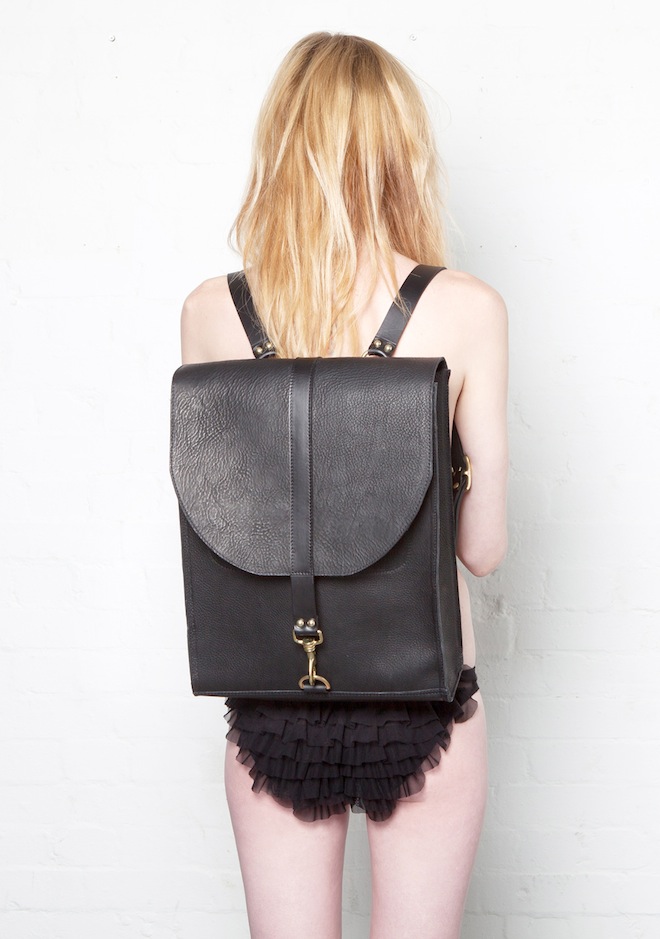
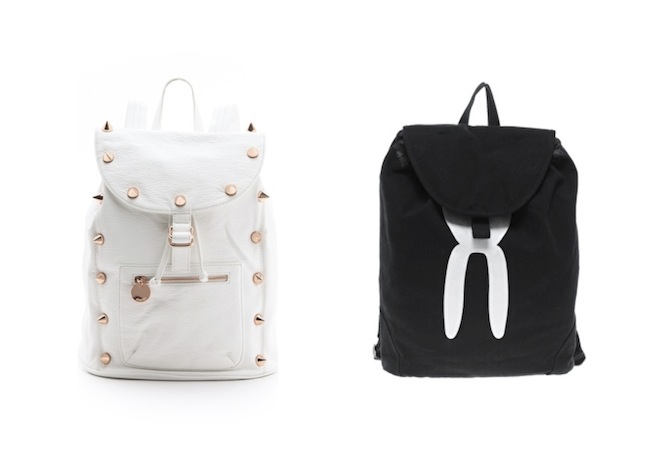
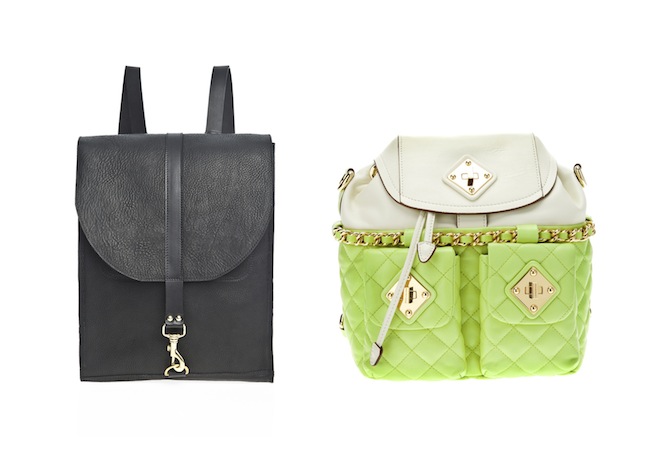

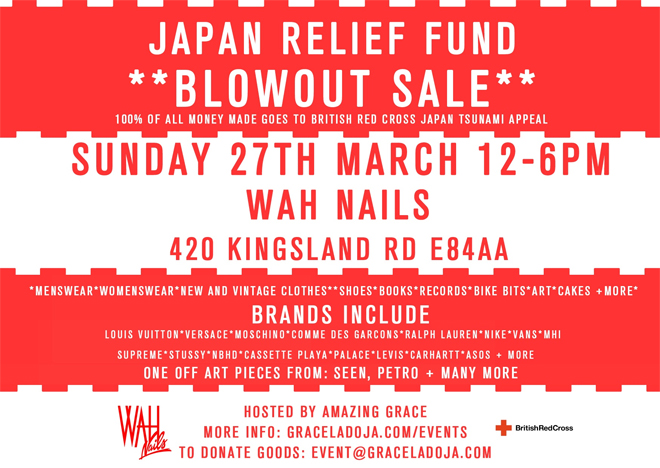


 Twitter
Twitter
 Tumblr
Tumblr
 YouTube
YouTube
 Facebook
Facebook
 Instagram
Instagram
